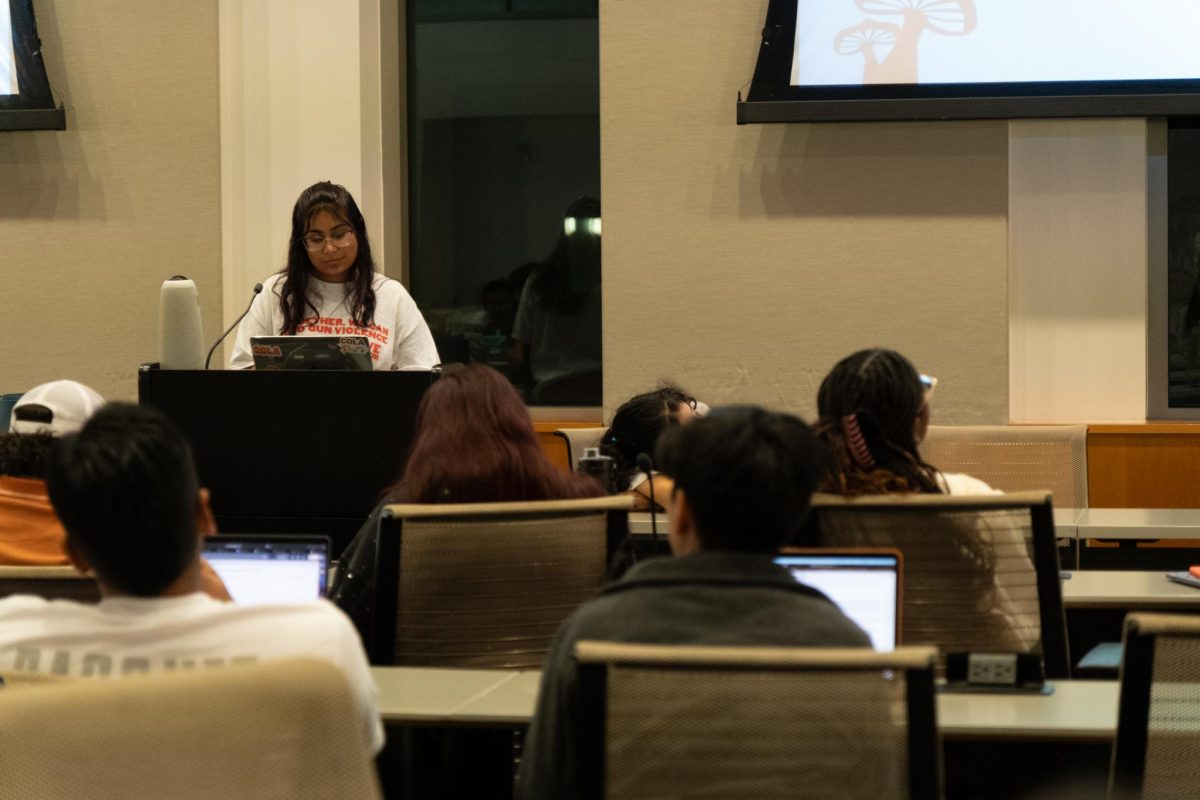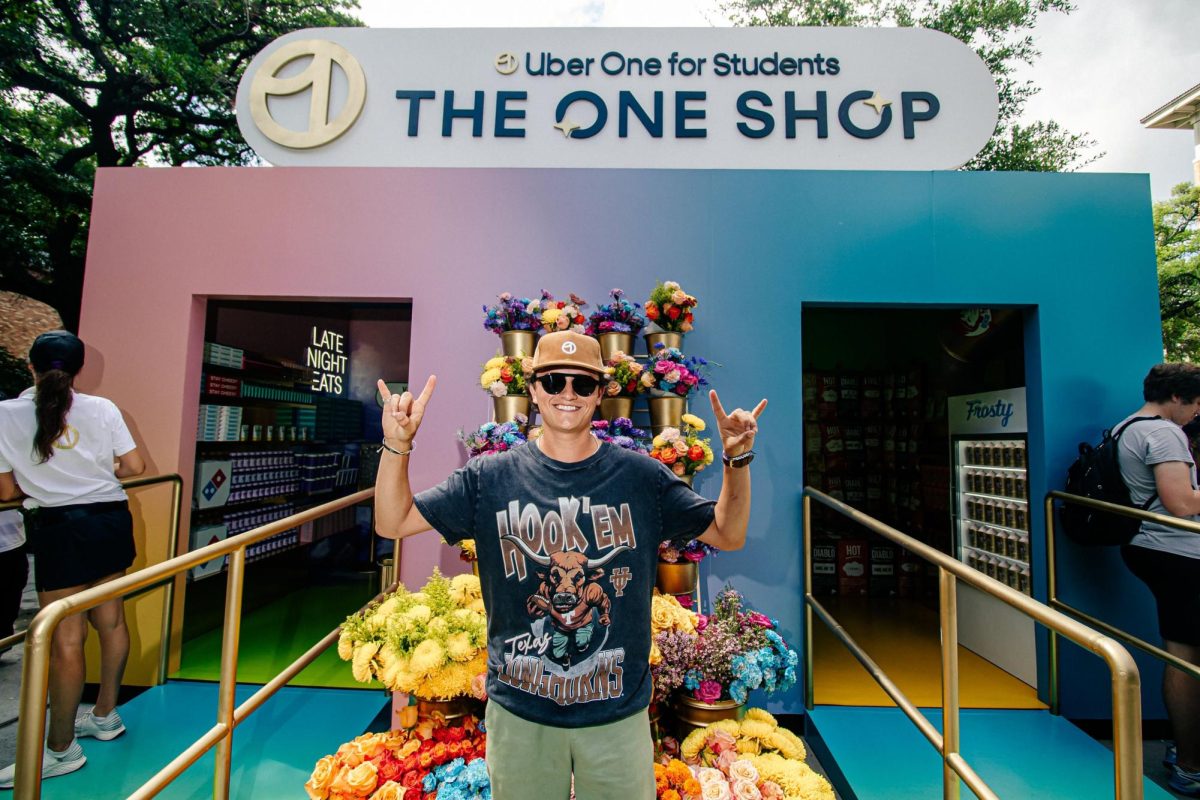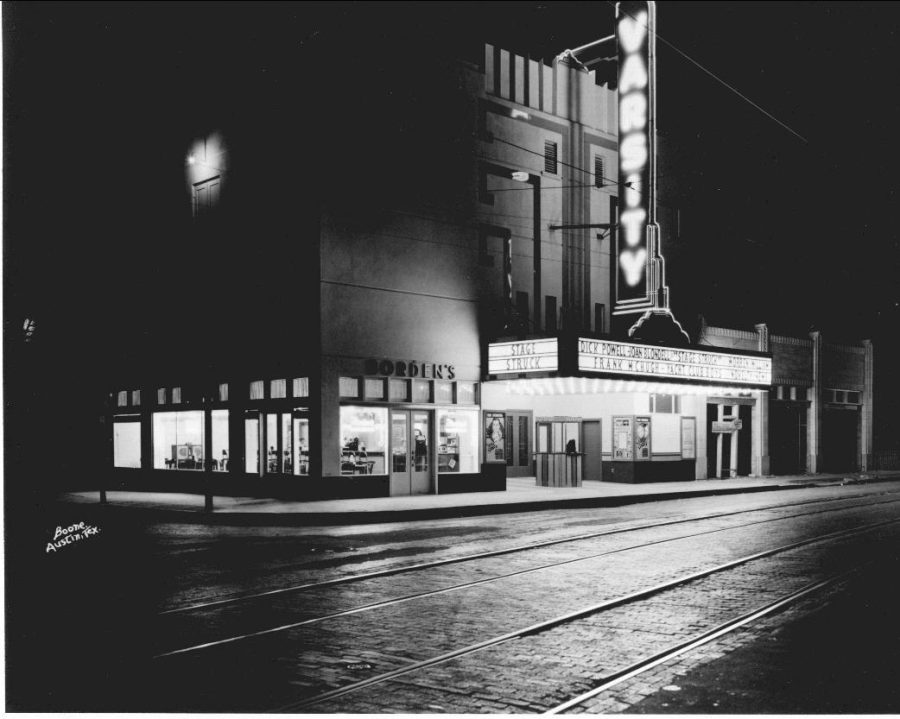Editor’s Note: The implementation of Senate Bill 17 meant the loss of diversity, equity and inclusion offices, positions and resources throughout campus. The Texan’s projects department reached out to various members of the UT community to find out how SB 17 changed their experiences on the Forty Acres. These are their stories.
As the child of Nigerian immigrants, public relations senior Simi Sodipe said she grew up facing microaggressions as one of the few Black residents in her community. She said (she) never had the space to talk about it, so she thought it was normal
“Before I came to UT, … I grew up being ashamed of my Nigerian descent,” Sodipe said. “I wouldn’t play Afrobeat music in front of my friends because I was scared of being made fun of.”
When she started her first semester at UT, Sodipe was invited by the Moody Honors Department to speak on a panel called “The Black College Experience.” It was a turning point for her education and confidence.
Sodipe said UT organizations and spaces like the Multicultural Engagement Center helped restore her confidence in her cultural identity, but SB 17 is breaking down those support systems.
“To see the programs that made me believe in myself, that helped me achieve my goals, get shut down — it’s soul crushing,” Sodipe said. “It’s a very complicated feeling.”
UT closed the MEC on Jan. 1 and restricted funding for identity-specific student organizations.
The MEC is where Sodipe celebrated her full-ride scholarship to UTLA, UT’s semester in Los Angeles. She said she believes she would not have gotten the scholarship if not for spaces like the MEC.
As the co-founder of Texas DiasPRA, an organization for Black students in advertising and public relations, Sodipe said she helped create a community for everyone, not just Black students, to thrive.
“I really hope … that I’m able to see more Black professionals, more professionals of color, in spaces that constantly try to push us out and question us,” Sodipe said.
Her position in Texas DiasPRA meant she could be a part of the Black President Leadership Council, which brought together Black student leaders to act as liaisons between students and administration. The council met at the MEC.
“Student life is the gateway to student success here. That is what causes (students) to get their dream jobs and internships — through those connections,” Sodipe said. “Without that gateway, it threatens the fabric of student life.”
According to the University’s website, UT’s core purpose is “to transform lives for the benefit of society.”
Sodipe said her mission has always been the same: creating a pipeline for people who are working against considerable obstacles.
“The underdogs of the world (are) the last people to be paid attention to, the last people to be seen, the ones that constantly have to work twice as hard just to be on that same playing field,” Sodipe said.
Sodipe had been keeping an eye on SB 17 since it was voted on.
In the fall, Sodipe and other students approached administration with questions and ideas to discuss SB 17. She said she expected that, no matter what, students would be supported by Moody faculty.
“It was like night and day because one day (we) were supported by faculty, and then Jan. 1st happened, and there’s nothing,” Sodipe said. “You (couldn’t) reach out to anybody. Nobody (was) returning emails.”
Because organizations relating to SB 17 cannot be affiliated with UT, Sodipe said many sponsored organizations have changed their status to registered, but registered organizations do not receive the same benefits as sponsored ones.
As of late January, registered student organizations under the Moody College of Communications had extreme difficulty reserving Moody spaces, unlike sponsored organizations. Departmental social media accounts were not allowed to interact with organizations that fall under SB 17, nor were they allowed to use social media or email to promote or amplify these organizations.
“The future remains uncertain because how are you going to get members? How are you going to promote? How are you going to get funding?” Sodipe said.
Texas DiasPRA paused operations this semester, Sodipe said. The organization was active for two academic years.
Brian Davis, a UT media representative, said in an email that as of March, the Office of the Dean of Students has shared information to help student organizations reserve rooms.
“Communications — It’s a ‘we put the comm in community’ type of thing,” Sodipe said. “(It) involves other people and groups from so many different backgrounds and perspectives. No matter what, you’re going to have to incorporate some element of diversity because that’s what Moody represents.”
Although some see SB 17 as leveling the playing field, Sodipe said many marginalized groups received the care and spaces they needed because of DEI efforts.
“You’re robbing somebody of a chance to experience themselves for the first time. You’re robbing them of a chance to discover themselves,” Sodipe said. “I don’t know what’s more dehumanizing.”





















